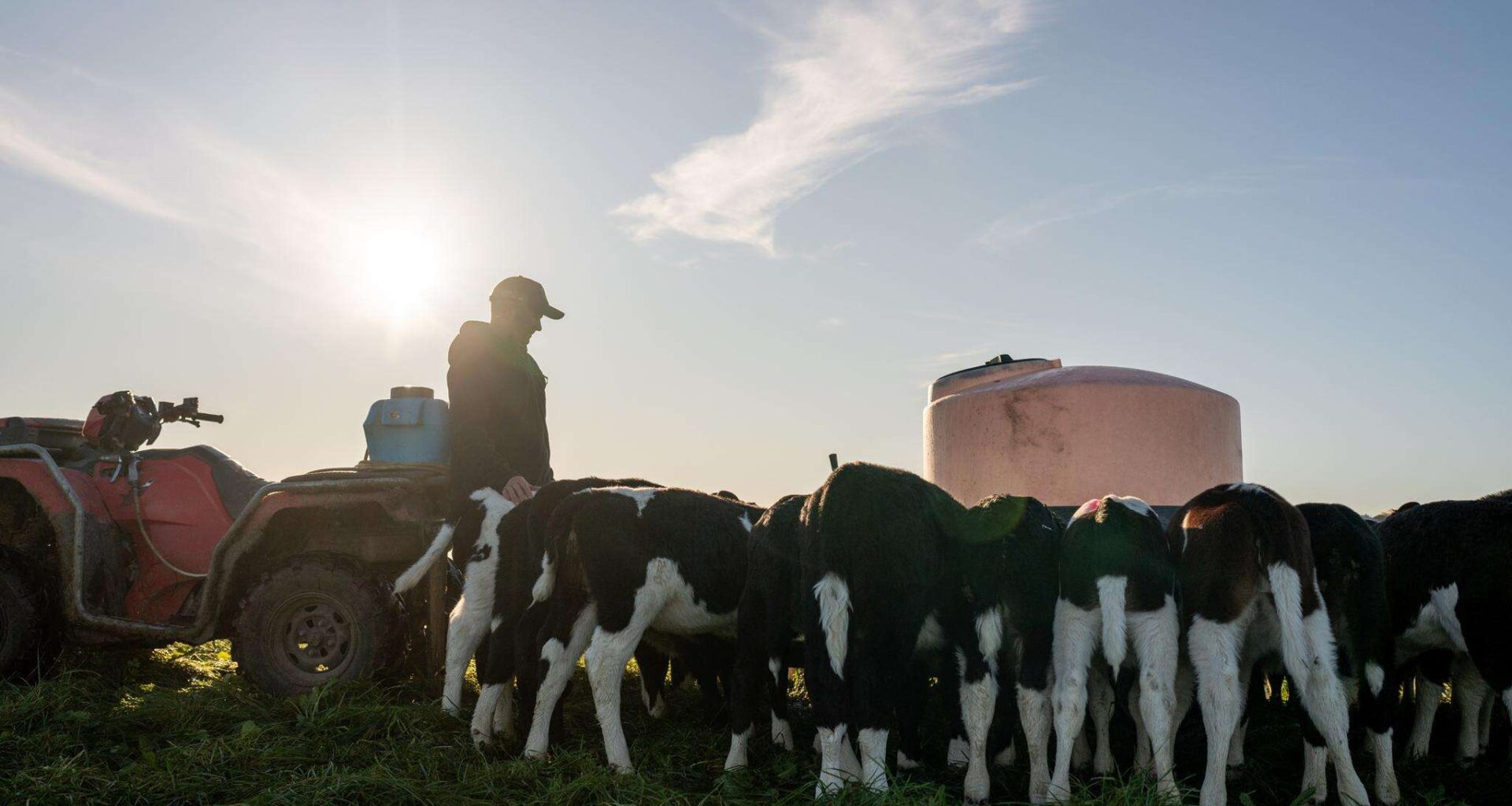– Fonterra’s $3.2b payout to farmers is prompting interest in property and investment opportunities.
– Farmers are considering buying holiday homes, expanding farms, or investing in commercial properties.
– The payout is expected to boost the economy, benefiting tradespeople and local businesses.
Farmers in the South Island have been calling real estate agents looking for property and investment opportunities ahead of their big Fonterra payout next year.
The sale of Fonterra’s consumer brands to a French company Lactalis will see $3.2 billion shared out among farmer shareholders, some of them reaping hundreds of thousands of dollars next year.
Some may look to buy a bach or crib in places like Kaka Point on the coast in the deep south, or Moeraki, a coastal village south of Oamaru, or in central Otago hotspots like Wanaka and Queenstown.
Others will look to expand their farms or buy a commercial investment building offering a strong return.
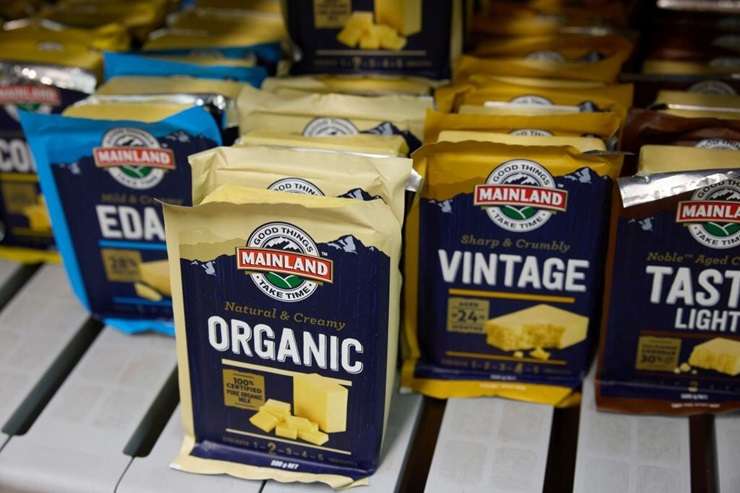
Fonterra farmers voted to sell the firm’s Mainland arm. Photo / Getty Images
Jason Rutter, of PGG Wrightson’s Mosgiel/Dunedin regional office, expects there will be real estate sales across the board, with some buying more farmland or buying a neighbouring property.
“They’ll look at property in general. The well-located dairy farms in traditional dairy areas, they’ll be sought after,” he told OneRoof.
“There’s going to be interest in dairy support blocks, dairy support properties, and some farmers are going to look to buy other dairy units, dairy farms, dairy platforms.”
Depending on people’s age and stage, some would probably buy a bach, with Kaka Point already a popular getaway spot for farmers.
Discover more:
– NZ’s next Arrowtown: Baches for as little as $500K and parking isn’t a nightmare
– ‘I’ve got a list’: NZ’s worst houses – shootings, meth stashes, gruesome deaths
– Coromandel bach up for grabs after star appearance on Phil Spencer’s best homes show
Rutter expected farmers would also look at places like Clyde, Alexandra, Wanaka and Queenstown.
The climate inland was better than the coast, Rutter said, and those areas had a lot to do with the biking, lakes and mountains on offer.
“I think there will be investment in holiday homes. There is a little bit on the market. There’s been strong interest in Kaka Point in the last 12 months.”
Rutter has a 19.9ha farmlet in Kaka Point on the market, which might fit the bill for some.
The four-bedroom property has native bush as well as panoramic ocean views from the Nugget Point lighthouse.
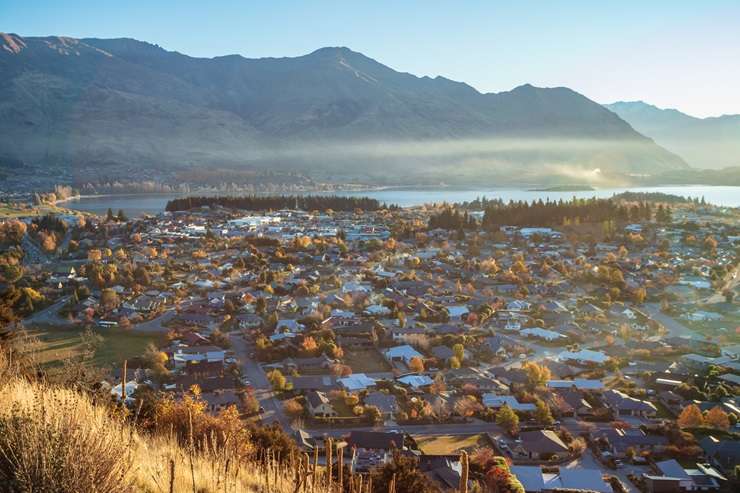
Wanaka is a popular spot with farmers in the South Island, and the town’s holiday home market could benefit from the Fonterra payout. Photo / Supplied
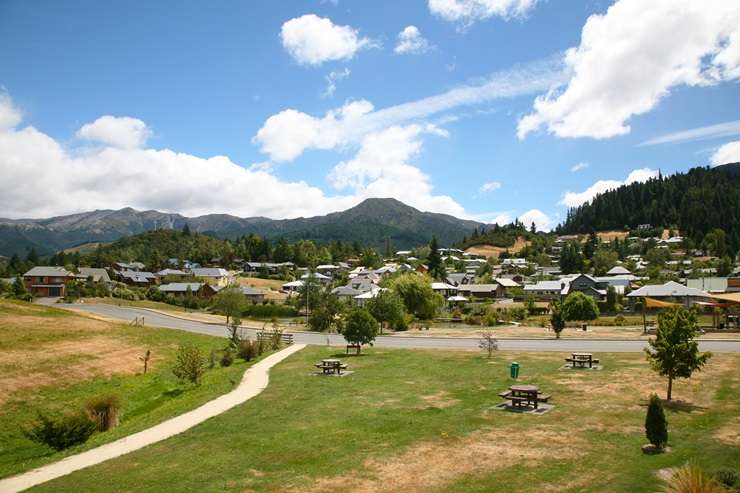
Hanmer Springs may also see some of the Fonterra money. Photo / Getty Images
Like other agents, Rutter believed the payout would boost the overall economy, regardless of whether farmers bought a holiday home or additional farmland.
“It’s definitely going to help with inquiries. I think farmers have got enough confidence now that the vote’s gone through. They’re going to receive substantial payments next year, so they will start acting now.”
Geoff Beckley, sales manager for the Property Brokers in Alexandra, said there had been inquiries from farmers looking at making commercial investments, and sometimes interest in residential as well.
“We’ve had good interest, particularly from the Southland area, of people looking for nice lifestyle properties. They are comparing our region with the Wanaka, Cromwell area.”
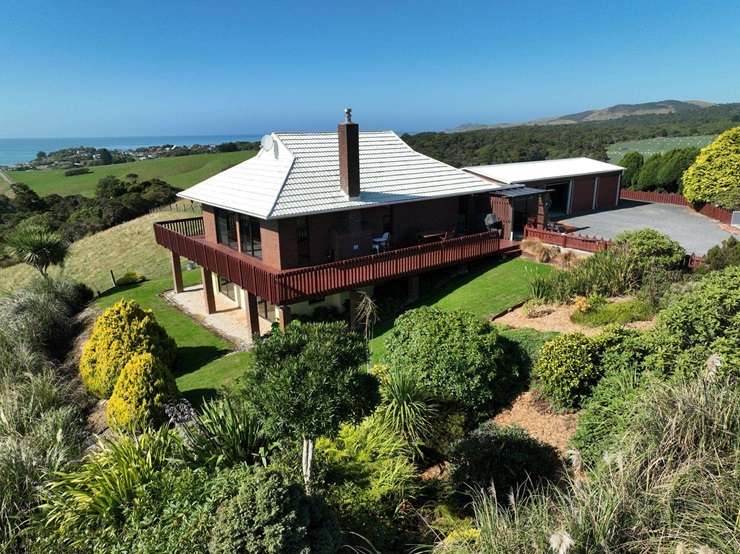
PGG Wrightson agent Jason Rutter says this 19.9ha farmlet in Kaka Point might suit farmers with a need to invest their payout in property. Photo / Supplied
There was already a lot of activity in the farming sector, and the projection for dairy was strong for the next four or five years, he said.
For some older farmers, the payout would be the push they needed to make a lifestyle change and sell the farm.
“They may not have a family in a position to take over, so they are looking at selling those farms and obviously, they have to replace the income, and one of the ways they are doing that is to invest in commercial properties.”
Beckley had fielded inquiries from farmers not wanting to run the business themselves but to buy the building, and some also wanted to buy a lifestyle property.
“When I say lifestyle [I mean] somewhere between five and 20ha, so they’ve just got a little bit of space around them. Some of them might have a few cows and a few sheep just to keep the interest.”
People were mainly at the looking stage, with Alexandra a beautiful and laid-back area that competed well against the likes of Wanaka and Cromwell.
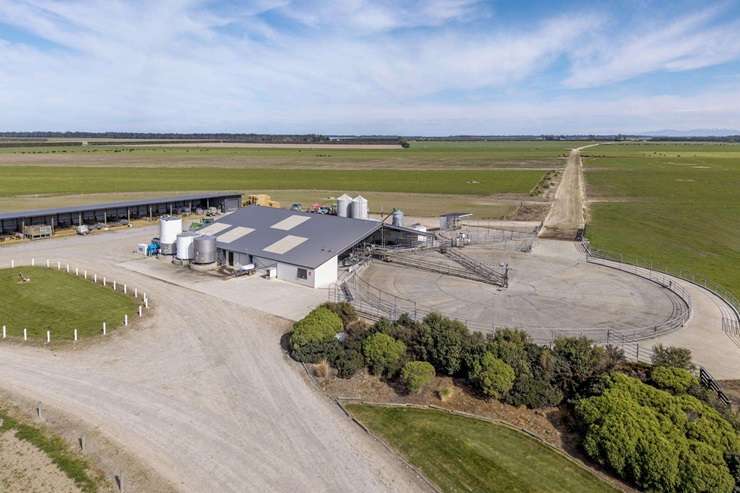
Kyle Park farm, at 191 Lambies Road, Rakaia, in Ashburton, sold under the hammer last week for $34m. Photo / Supplied
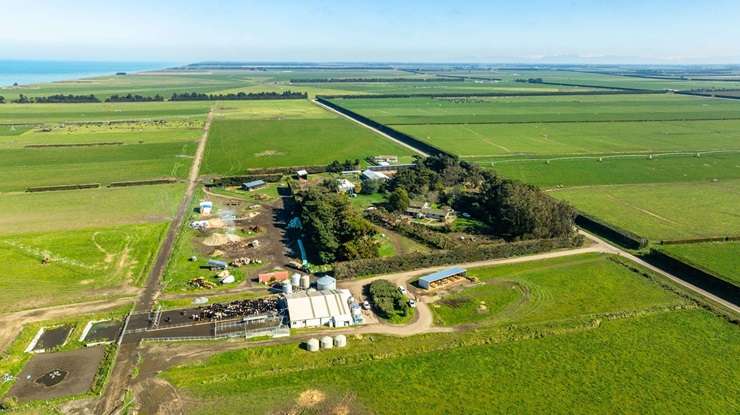
Dorie Farm, also in Ashburton, recently sold at auction for $13.5m. Photo / Supplied
Often farmers from the Southland area had associations in the region anyway, usually through holiday homes.
“They may have a holiday home, say in Clyde, or Cromwell, or Wanaka, then once they decide to sell the farm, the most obvious thing is to go to wherever their holiday homes are or that location.”
The Fonterra payout was a bonanza, but there was wealth in the farming community anyway, and farmers were usually financially organised by the time they reached out to agents.
“Seldom do they have conditional contracts relying on finance. That’s usually organised before they come.”
Ben Turner, country sales agent for Bayleys, spoke to OneRoof off the back of a record farm sale – last week a local family paid $34m at auction for Kyle Park farm, in Rakaia, Ashburton.
The sale reflected confidence in the dairy industry, he said.
“Our whole Canterbury rural real estate business ebbs and flows off the back of dairy so when the payout is solid that gives everyone confidence and that’s when you tend to see more transactions done.”
The farm was a quality asset that had seen 14 buyers in the auction room with six of them bidding, and they were all family groups, he said.
“We had two Canterbury families scrapping it out until the end.
“All those groups buying that asset were family groups or combinations, partnerships of families – not corporates.”
In Canterbury, families had worked hard, and farms were now intergenerational with farmers in their 70s looking to build their business for the next generation.
Turner said some farmers would pay off debt or use the cash flow to invest, and others would see interest rates bobbing around 5% and decide they could get a better return back in land.
“Invariably, most of them resonate really well with land investments and land assets, so I think you’ll see them gravitating towards that.”
The payout would give farmers the opportunity to buy other assets, possibly for family members, or a house in town, or a bach that benefited the whole family, gaining enjoyment from seeing family enjoying the fruits of their years of hard work.
While dairy was the driving force of the Canterbury economy, Turner also pointed out that there had been other significant capital inputs into the region, with the rezoning of land benefiting families and the community.
The Fonterra payout was another injection of capital into the community, he said.
He thought some farmers might look to places like the Banks Peninsula if they were to buy a holiday home.
“We have a large number of people who love Banks Peninsula and have holiday homes over there and enjoy that because it’s close to home. We have a number going to Hanmer, we have a number who love central Otago and invest in Wanaka.”
Regardless of what they spent the money on, everyone in the region would benefit, he said.
“Your builders get busy, because they’ll probably build a house or do renovations, or they’ll upgrade.
“The other thing is upgrades on their existing farms, so that will help tradespeople. You’ll see contractors and everything, so that’s where it spins off, and then the contractors will buy a house in an area and they’ll take their kids to the local school and they’ll buy some lunch from the local cafe, get a coffee every day – that is the real spin-off.”
PGG Wrightson’s Dan van der Salm also had a strong farm sale recently when the Dorie Farm, on the coast 34km east of Ashburton, sold at auction for $13.5m.
Van der Salm said the Fonterra payout would not be enough for most farmers to purchase a farm, but because the industry was ticking along so well the banks were not putting pressure on farmers to repay debt.
“So that is money that generally will be spent in the economy, which is good for everybody, not just them.”
He said some farmers who already had strong balance sheets would buy another farm, while others would look at a bach, depending on how many shares they held.
The average payout was between $500,000 and $800,000, with the larger farms getting bigger payouts, but the average mum and dad farmer might only have 300,000 shares, he said.
A $2 payout on 300,000 shares, though, was $600,000, and that was enough to buy “most of a holiday home”.
“Most of them are smart. They are not going to do anything stupid with that. They appreciate that it’s a very lucky payout, so they are respecting it.”
Van der Salm had not heard of many who were planning to blow the money on a bach but said sharemilkers might look to buy their first farm, or some farmers might look at setting up succession, needing a second farm for a second child, for example.

